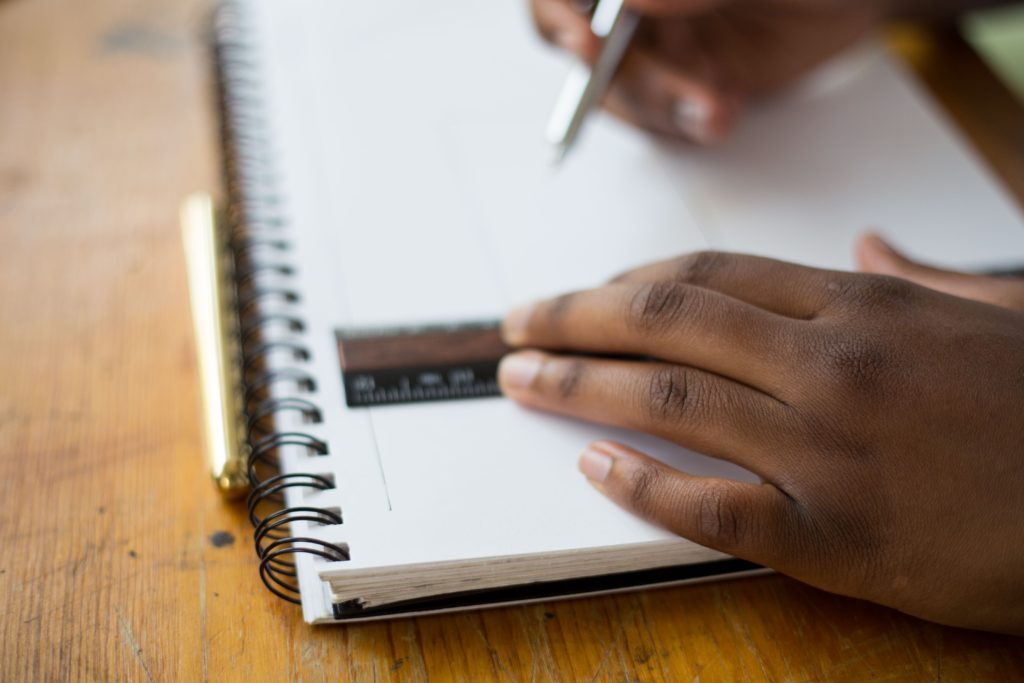It’s been said that “regret is insight that comes a day too late.”
For many of us, this insight comes decades too late. We reach a point in our life and look back wishing we had taken a different path, lived a more meaningful life, acted more authentically.
This is what nurse Bronnie Ware learned during her years working in palliative care. As her patients approached the end of their lives, she often asked them what they would have done differently.
The number one thing they mentioned was this:
“I wish I’d had the courage to live a life true to myself, not the life others expected of me.”
Wow! Ware’s patients were honest. Facing the specter of finality demands honesty, and they expressed what many of us secretly yearn for — to live a life of our choosing, one that is not controlled by fear or guilt or about what other people think.
Psychologists call this need autonomy — which is simply our natural desire to do things because we want to, not because we are forced to. Personal autonomy is among a handful of psychological nutriments that, like their physiological counterparts, are essential ingredients to a healthy, high-performance life.
It’s only by doing what you love, of your own choosing that you become what you are meant to be.
But autonomy does not mean independence. We are also hardwired to interact and care for others — to feel connected and know that we belong to something greater than ourselves. Think about your most meaningful experiences. We bet you shared them with others.
And herein lies the challenge. How to balance me with we. We yearn for self-expression and self-direction, yet are drawn to other people. We want to pursue our own, personal goals and care for those around us.
It takes courage to balance these two competing needs — to be true to ourselves and others. However, it is only here that we can live without regret.
Here’s how to do it.
First, identify what it is that you long for most in your life — your vision of the “good life.” One of the best exercises for identifying this vision is to picture your deathbed experience and then work backward to today. While metaphorically laying on your deathbed, ask yourself these two questions: “What is my legacy?” and “Who is there with me?”
These two questions challenge you to recognize your core values. The first question pushes you to choose your own destiny — autonomy in action. The second question challenges you to recognize who matters most in your life — love in action.
Now begin working backward to today. What are the major milestones (specific goals achieved) that you would need to accomplish along the way? These should be professional and personal — what you want to achieve in work and life. Begin mapping in your mind your accomplishments, from future to present.
Second, draw a line horizontally across a sheet of paper. On the top write “professional” and on the bottom write “personal.” Moving from left (today) to right (future), write down your above-determined milestones. This gives you a map of accomplishments for your journey.
Initially, the various stages of your journey may appear vague, a little undefined. As you continue to reflect upon specific goals and experience small successes, the means to achievement becomes more evident. Start walking your path; it is in movement that your vision continues to unfold and unexpected opportunities present themselves.
Third, make a proclamation. Say out loud the vision that you have discovered for yourself. This is a type of name-it-and-claim-it experience, but with accountability. Write your vision down and share it with others. Make your expectations known. Now you own it.
Fourth, work toward your vision with unwavering commitment, after all, it’s your journey. You’ll discover here what many have experienced before you — that the journey toward the goal, moving toward the vision, with all the ups and downs and unexpected detours, is actually the best part of the process. As you pursue your dreams, be ever mindful of writer Lloyd Alexander’s affirmation that “the journey is the treasure.”
As far as we know, no one has arrived at their deathbed without missed opportunities, failed goals, and relationship blunders. Everyone misses the mark at some point.
However, successful people will tell you that their ability to persevere, embracing the “we and me” experiences along the way, happens because they are in the driver’s seat of their destiny.
Resolve today to live without regret. Don’t wait for tomorrow, next week, or the new year. It is in our daily experiences that we discover who we are and what we can become. Own your own destiny and become who you were designed to be.
J.R.R. Tolkien perhaps sums it up best,
“The greatest adventure is what lies ahead.
Today and tomorrow are yet to be said.
The chances, the changes are all yours to make.
The mold of your life is in your hands to break.”
Co-written with Dr. Nick Ogle. We would love to hear how this exercise works for you. Drop us a comment below.









